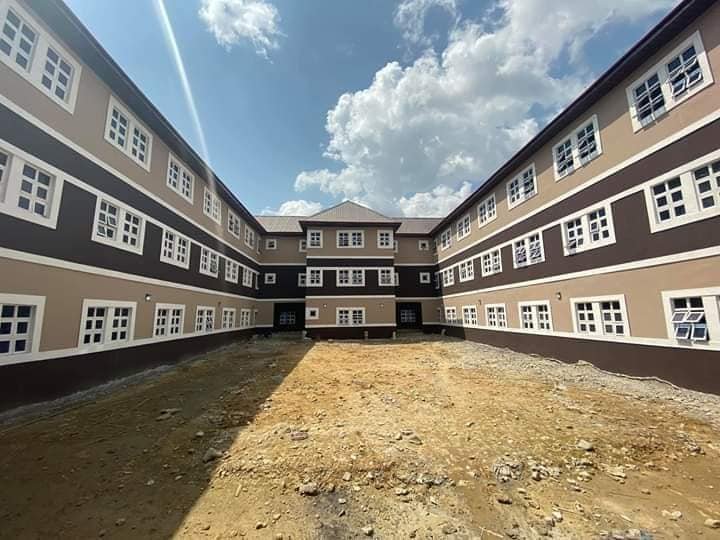Federal Polytechnic Nekede School Fees for Electrical Engineering (2023/2024)
Federal Polytechnic Nekede School Fees for Electrical Engineering
Contents
Do you dream of building a career in the ever-evolving world of electrical engineering?
Then consider the prestigious Federal Polytechnic Nekede (FPNO) as your launchpad for success.
However, understanding the FPNO School Fees for Electrical Engineering (2023/2024) is crucial for navigating your financial journey and making informed decisions.
This comprehensive guide serves as your roadmap, decoding the fee structure and outlining available financial assistance options.
The Fee Structure:
FPNO Electrical Engineering school fees encompass both mandatory and optional charges. Let’s break down the key components:
Core Fees:
-
Tuition fees: This forms the main expense and varies based on your year of study (ND or HND).
-
Acceptance fee: A one-time payment upon confirmation of your admission.
-
Hiring of academic gown (matriculation): Applicable only for first-year students.
-
Caution deposit (refundable): Covers potential damage or missing items, refundable upon graduation or withdrawal.
Additional Fees:
-
Student ID Card: Grants access to campus facilities and services.
-
Examination fee: Covers the cost of conducting examinations.
-
Medical services: Offers basic healthcare services to students.
-
Sports/games: Contributes to sporting activities and facilities.
-
Library services: Provides access to the library’s resources and technology.
-
ICT charges/internet charges: Facilitates access to internet and technology resources.
-
Verification of entry qualification: Ensures authenticity of academic credentials.
-
Students’ handbook: Provides comprehensive guidelines on FPNO policies and procedures.
-
Student insurance policy: Offers medical and unforeseen expense coverage.
-
Faculty charges: Supports faculty-specific activities and resources.
-
Departmental charges: Contributes to the functioning of the electrical engineering department.
-
Student affairs charges: Provides support services and activities for students.
Optional Costs:
-
Hostel accommodation fee: Covers the cost of on-campus housing.
-
Laboratory charges: Applicable for specific courses requiring laboratory sessions.
-
SWEP (200-level only): A mandatory one-month program during the second year.
-
SIWES: A six-month industrial training program integral to your academic development.
Planning for Additional Expenses:
-
Personal expenses: Food, housing (if not using on-campus facilities), transportation, and other personal needs.
-
Books and stationery: Required textbooks, reference materials, and other academic supplies.
-
Travel expenses: Costs associated with traveling to and from FPNO for academic and personal purposes.
-
Medical expenses: Any additional medical needs beyond the covered services.
Financial Aid Options:
Recognizing the financial challenges faced by students, FPNO offers various financial aid options:
- Scholarships: Awarded based on academic merit, need, or specific program-related criteria.
- Grants: Need-based financial assistance provided to eligible students.
- Work-study programs: Opportunities to earn income while contributing to the institute’s operations.
- Loan schemes: Long-term loans to cover tuition fees and other associated expenses.
Visit the FPNO website for detailed information about available financial aid options, eligibility criteria, and application procedures.








